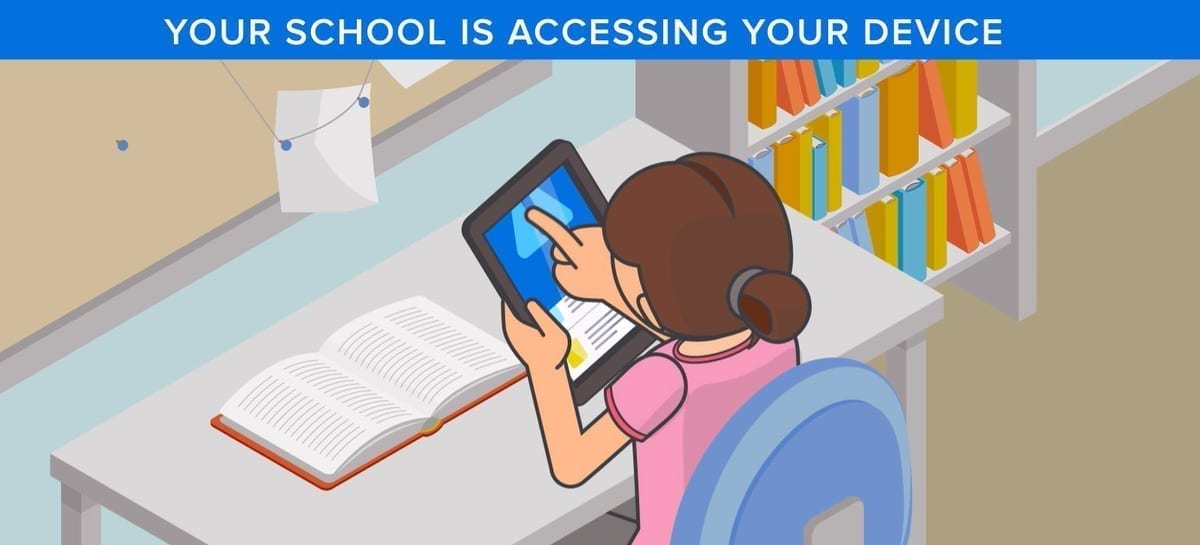Today and tomorrow, the Marjory Stoneman Douglas High School Public Safety Commission is meeting in Orlando, Florida to go over new draft findings and recommendations following the tragic school shooting in Parkland. One of the policies the Commission has been evaluating is the state’s new ‘Florida School Safety Portal’ and social media monitoring tool.
The portal seeks to gather holistic data on students – everything from school records to interactions with social services or law enforcement, in addition to state-collected social media and website scanning – in one place so that threat assessment teams can evaluate potential school safety threats. While this vision is understandable, the reality, as the Commission discussed at its last meeting, is much different. A potential security tool has instead become a vulnerability, likely to further stigmatize minority and disabled students, create ongoing student privacy violations, and violate trust between schools, parents and students.
Prior to the portal’s launch on August 1, Education Week detailed the information that was being considered for inclusion, including identifying children who had been victims of bullying based on protected statuses such as race, religion, disability or sexual orientation; children who are or have been in foster care; and other vulnerable populations with no link to increased violence. The portal—now live—includes all of these extremely sensitive data points via the state’s School Environmental Safety Incident Reporting (SESIR) System.
The Future of Privacy Forum joined the ACLU, Southern Poverty Law Center, and 30 other organizations to express our shared concerns to the Governor of Florida over the privacy, equity, and legal implications of this type of surveillance.
Now, as the commission discussed at its previous meeting, there are practical, functional problems with the portal in addition to the privacy issues at stake.
Florida’s approach to “integrated” data collection and monitoring is not practical or responsible.
In August, Commissioners repeatedly expressed their frustration with the limited accessibility, integration, and relevancy of the data collected by the portal, and the hastily designed platform in which it lives. One commissioner even asked: “Why are we doing it this way?”
Bob Gualtieri, a Florida sheriff and chair of the safety commission, said, “This is not an integration of anything… the name is extremely misleading,” and furthermore, the task itself of building the portal as envisioned by law is “impossible.” Gualtieri also noted the portal could only access state – not local – law enforcement data, minimizing its usefulness to law enforcement officials. In Broward County alone, local law enforcement utilizes eight different digital records systems – but the state’s portal couldn’t access a single one of them.
There is no evidence linking increased student surveillance to improved school safety.
Students deserve evidence-based policies to keep them safe at school. One of the foundational concerns FPF raised prior to the launch of the Florida portal was the lack of evidence behind implementing such a wide-ranging surveillance system to increased student safety. However, evidence does suggest is that such an aggressive monitoring effort does more harm than good, causing students to feel less safe at school and overwhelming school administrators with false flags.
FPF also expressed its support for evidence-based approaches to school safety in a July 23 letter to the U.S. Senate Committee on Homeland Security and Governmental Affairs in advance of a hearing entitled, “Examining State and Federal Recommendations for Enhancing School Safety Against Targeted Violence.”
What’s next.
The Commission has already concluded that the portal, a legislative mandate, is “impossible.” A recent report from the Southern Poverty Law Center raises similar concerns about the efficacy and equity of the portal, and the Aspen Institute’s Tech Policy Forum cautions that “preventing school shootings through data is fraught with ethical and technical risks.”
As the Commission finalizes its recommendations and next steps, including that may require legislative action, it is important for policymakers to evaluate not only the time and money from the state needed to fix and maintain a functioning portal, but also the student privacy and equity violations that are inherent in its set-up and design. We encourage policymakers to redirect the state’s resources to evidence-based school safety policies.


